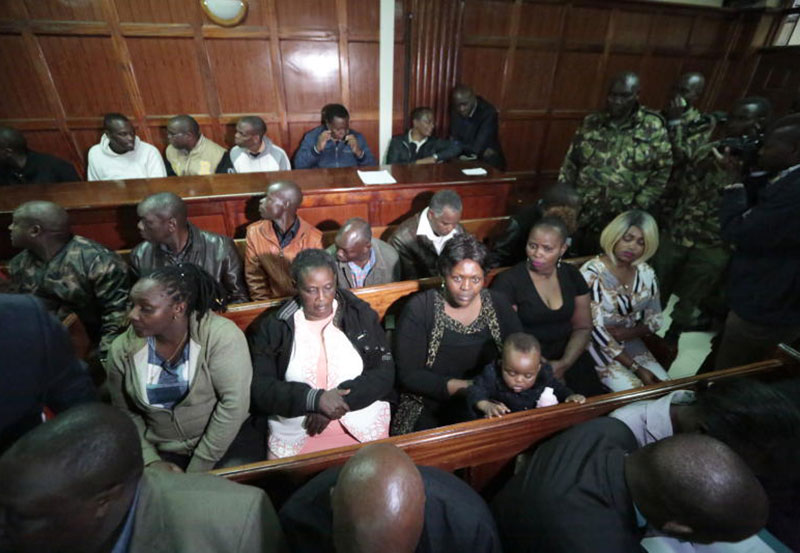×
The Standard e-Paper
Home To Bold Columnists

A multi-agency team stepped up efforts to recover billions of looted public funds in a year that saw several high-ranking Government officials charged with graft.
In May, the National Council of Churches of Kenya (NCCK) estimated that the country stood to lose Sh700 billion through embezzlement of public funds in one year as the corruption index soared to unprecedented heights.